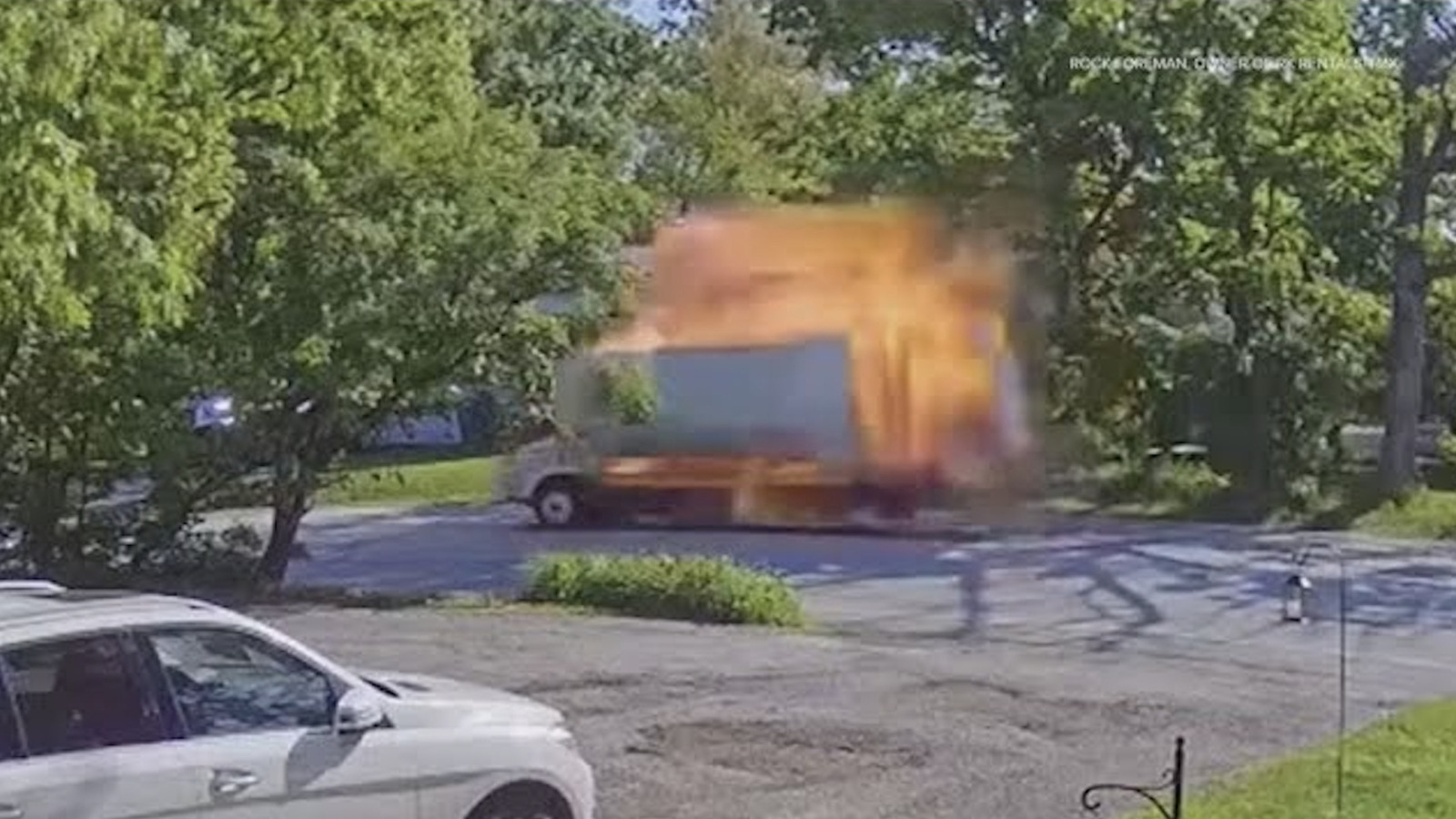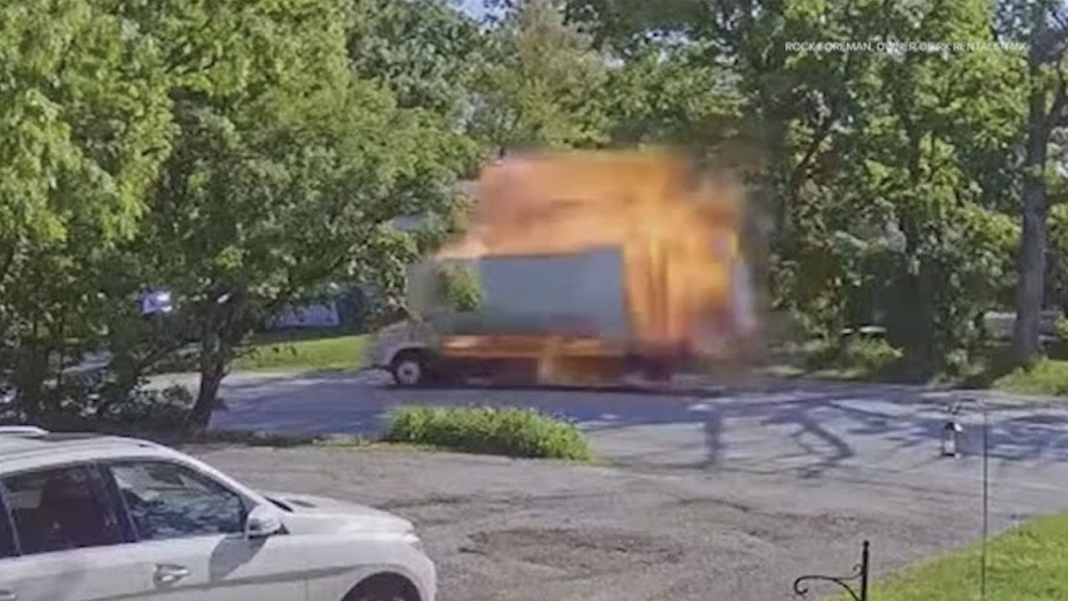When it comes to car accidents, the aftermath can often be a whirlwind of emotions and decisions. You might find yourself asking, “What now?” or “How serious is this?” Even if there are no serious injuries, a car accident can leave you feeling shaken up. Let’s break down what to do after a fender bender and how to navigate the aftermath with confidence.
What Should You Do Immediately After an Accident?
First things first: safety. If you’re involved in a minor accident and everyone is okay, move your vehicle to a safe location if possible. This helps prevent further accidents and keeps traffic flowing. Next, check on everyone involved. Even if you feel fine, it’s wise to stay alert for any signs of injury. Sometimes, adrenaline can mask pain.
Once you’ve ensured everyone is safe, it’s time to call the authorities. Even in minor accidents, having a police report can be beneficial for insurance purposes. They’ll document the scene and provide an official account of what happened.
Gathering information is crucial. Exchange contact and insurance details with the other driver, and don’t forget to take pictures of the scene. Capture the damage to both vehicles, any relevant road signs, and the overall environment. These details can be invaluable later on.
How Do You Handle Insurance Claims?
Now that you’ve taken care of immediate concerns, let’s talk about the insurance side of things. Notify your insurance company as soon as possible. Most insurers have a dedicated claims line, and they’ll guide you through the process. Be honest and provide all the details you gathered at the scene.
Remember, your insurance policy may have specific requirements for filing a claim, so familiarize yourself with those. Depending on your coverage, you might be responsible for a deductible, or your insurance may cover the damages entirely.
If the other driver is at fault, their insurance should cover your damages. However, this process can sometimes be lengthy, so patience is key. Keep records of all communications and documents related to the accident.
What About Potential Injuries?
Even if you feel fine right after the accident, it’s wise to monitor your health in the days following. Some injuries, like whiplash or concussions, may not present symptoms immediately. If you start feeling any discomfort, don’t hesitate to seek medical attention. It’s better to be safe than sorry.
In some cases, you might need to file a personal injury claim if you sustained injuries due to the accident. Consulting with a legal professional can help you understand your rights and the best course of action.
How Can You Prevent Future Accidents?
Once the dust settles, it’s natural to reflect on what happened and how to prevent it in the future. Consider taking a defensive driving course. These courses can enhance your skills and awareness on the road, making you a safer driver.
Also, keep your vehicle well-maintained. Regular check-ups can prevent mechanical failures that might lead to accidents. And don’t forget about your own habits—stay focused, avoid distractions, and always buckle up.
The big takeaway? A car accident isn’t about perfection—it’s about smarter adjustments. Start with one change this week, whether it’s reviewing your insurance policy or taking a driving course, and you’ll likely spot the difference by month’s end. Remember, it’s all about learning and growing from the experience.


